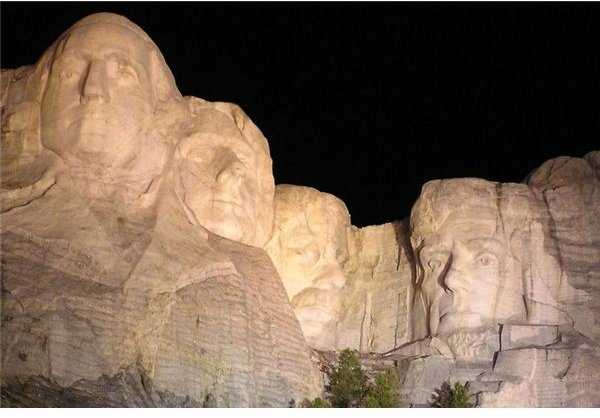What Are the Essential Attributes of a Great Leader?
Whom do people perceive as a potential leader? What are the attributes of a great leader to look for in choosing the one who has the likeliest chances to succeed?
Potential leaders are often described as those who have charismatic impact. They attract followers by making others notice their presence, as well as making others listen to them voice their goals and aspirations. In doing this, potential leaders are able to gain followers because of their ability to project an aura of confidence, to which followers are attracted because it gives them hope that they can bring changes for the better.
However, not all those who aspire to become leaders qualify for a leadership position. If the system allows, the majority of followers will choose the candidate who possesses the most positive attributes.
In line with this, we used as reference the ten attributes of a great leader, established by academic scholars through their comprehensive researches:
(1) Honesty
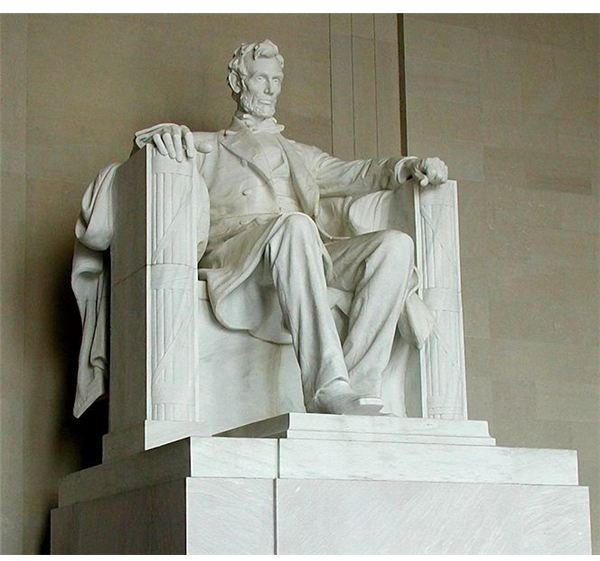
When it comes to the virtue of honesty, former US president Abraham Lincoln is the most prominent leader who exemplifies this attribute.
After all, he didn’t earn the moniker “Honest Abe” for nothing. As one of America’s highly respected leaders, Honest Abe was known to be a great believer of truth. It was his main guideline in order to maintain righteousness and to overthrow what is not under his governance. Otherwise, President Lincoln believed that God would hold him accountable.
In an ordinary office setup, honesty can be as simple as admitting one’s mistakes, because sooner or later, somebody will find out. Cover-ups only make the mistake harder to explain, and will only compromise a leader’s integrity,
(2) Intellect
Accordingly, leaders in a professional organization often achieve their status as members of the intellectual elite. In the entrepreneurial setup, the stakeholder who owns the largest share holds the reigns. However, the person designated as leader will be the one with the wider range of knowledge.
Intellect goes hand in hand with competence, as this pertains to the actual application of knowledge stored.
(3) Competency
This leadership trait is demonstrated through actual application of knowledge and not necessarily with expertise. It is also the ability to harness resources and input, where and when they are needed. A leader’s competency traits produce results that provide inspiration and motivation.
In a business organization, a leader’s objectives and effort are geared toward customer satisfaction and protection of stakeholders’ interest.
Some leaders who do not possess sufficient intellect and competency could be caught in compromising situations, in cases where mistakes are committed—these leaders tend to cover up blunders as they will manifest incompetency.
(4) Goal Setter
Most successful leaders posses this trait — inasmuch as a successful goal setter often achieves his mission through well directed efforts that are persistently applied and continuously improved by getting feedback from those who will benefit or be adversely affected by visions or goals.
Some of the greatest goal-setting leaders include Nelson Mandela, Babe Ruth, Dale Carnegie, Robert Redford, Calvin Coolidge and Napoleon Hill, just to name a few.
(5) Creativity
This is the ability of a charismatic leader to manifest creativity in his concepts and decisions, although it is quite important that the end results of such creativity will be useful to its beneficiaries. Most successful leaders, however, claim that creativity can be developed and acquired. An average individual who is closely in touch with reality and real-life situations can be creative by simply reinventing the old into new.
Nonetheless, creativity in its actual concept requires originality. What creative leaders advise is for aspirants to open their minds and not resort to self-censorship. The ability to be creative is also about making complex procedures or ideas simple in order to benefit the greater majority.
(6) Inspirational
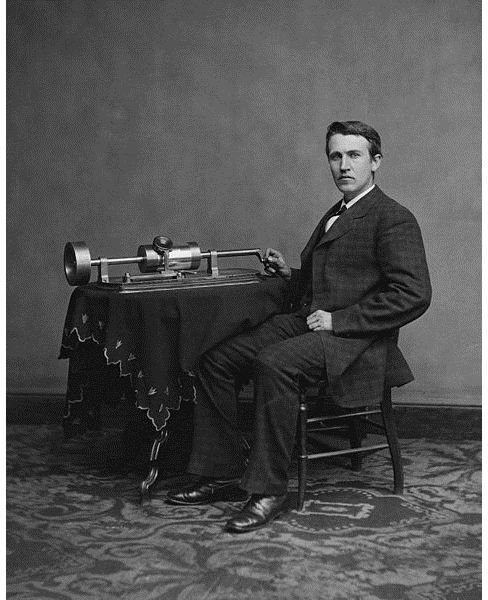
A leader is regarded as inspirational if his actions can tap the interest of his followers to perform not for one’s glorification but for the promotion of cultural values within a sector.
In communicating his goals and visions, his passion becomes evident to convey his message that providing cultural benefits is of utmost importance. He should recognize the importance of soliciting support from others not by force, coercion, threat or incentives, but through his openness and by sharing his plans and ideas.
A good example of inspirational leader is Thomas Edison because he demonstrated his strong resolve to succeed.
Please continue on page 2 for more on 10 Attributes of a Great Leader.
(7) Fair-Mindedness
Fair-mindedness is the ability to make decisions combined with possible solutions on how to lessen any adverse impact brought about by such decisions. There should also be considerations for justice and how it can be best served. Punishments are meted according to what is just, and they are deemed as reasonable.
Fair-mindedness is also about charity, but to where it will contribute in the improvement of performance, behavior and morals, and not as forms of incentives to follow the leader’s ideas and teachings.
(8) Broad-Mindedness
In being broad-minded, a leader may find it necessary to veer off from the traditional regardless if he is making an unpopular decision. His confidence stems from the knowledge that it will bring greater good, which his followers or constituents will eventually appreciate for its benefits.
Others believe that to be broad-minded means to shed hypocritical views and understand that basic needs are often equated with the need to provide more sources of income. In doing that, the leader opens his mind to all possibilities and listens to all types of audiences in order to determine who has the greatest need.
(9) Straightforwardness
A leader who is straightforward addresses issues by going to the heart of the matter. By this, it means providing straightforward solutions without the need to go through red tape or unnecessary observations of protocol. The leader’s idea of a system is where he can be approached or reached at some level or degree of importance and urgency.
When confronted with issues or compromising circumstances, this trait will surface if he furnishes information that does not beat around the bush. He lays all the cards on the table and maintains transparency by presenting facts with diplomacy. Part of his intent is to lessen confusion as a means for expediting solutions.
(10) Courageous
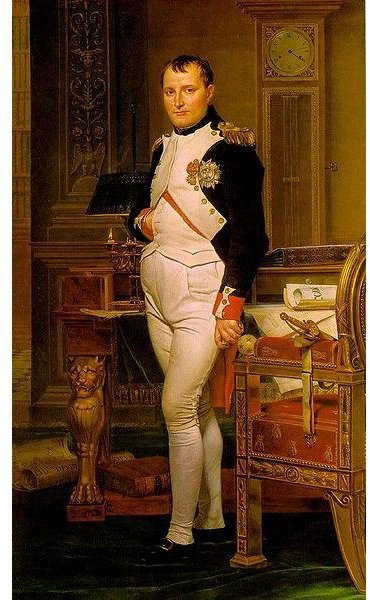
Courageous leaders are those who are not afraid to take risks and, in so doing, they are able to draw out from among his group courageous followers. The hallmark in this leadership philosophy is exemplified by the Spartan way of life. Men, women and children are groomed early in their childhood years to be courageous and ready to face the unknown enemy. This then makes it possible for the leader to lead an army to victory at all costs, with the greatest possibility of victory. However, this is an ideal setup wherein followers have also been oriented into following their leaders
The true test of leadership comes when he is able to convert non-believers through his show of courage and willingness to face risks. His ability to convince is not by mere demonstration of audacity, but in building the confidence of his followers—that they are being led into a battle where victory is imminent.
Men like Napoleon Bonaparte seem to have the character traits that are important for leading men through numerous battles. He was considered a genius when it came to exemplifying intellect, competence, creativity and courage. However, the tribute for being inspirational cannot be totally associated with this leader, because his followers feared his wrath and disfavor.
2010 World’s Most Respected Leader
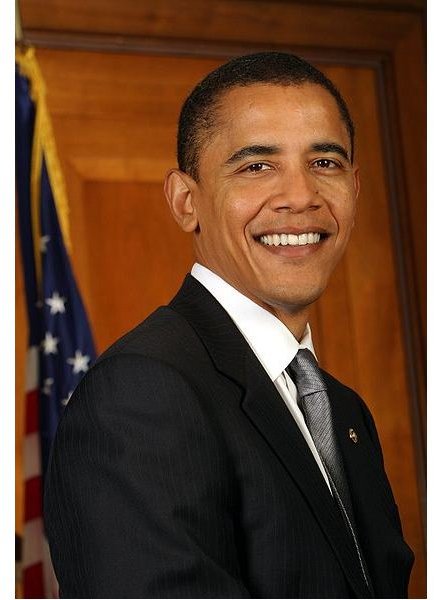
In 2010, the Harris Interactive Poll named US President Barack Obama the World’s Most Respected Leader, based on the results of a survey conducted on the Net. President Obama gained 77 percent of the 6,135 polled participants’ votes. The Dalai Lama came in second at 75 percent of the voter’s support.
The Dalai Lama is chosen because he has been carefully studied as having the same character traits as all other Dalai Lamas before him. He is expected to lead the Tibetan people through peaceful Buddhist philosophical existence. However, his objectives and missions will benefit only the Tibetan people, as well as other Buddhist followers.
President Barack Obama, as his supporters see him, possesses most of these ten attributes of a great leader; but, then, others are of the opinion that leaderships are regarded as great only by his or her followers.
Reference Material and Image Credit Section:
References:
- 10 attributes of a good leader. Compiled by the Santa Clara University –https://www.nwlink.com/~donclark/leader/leadchr.html
- FI - FRANCE 24 POLL - Article published Friday 23 April 2010 - Obama, Dalai Lama are top of pops for world leaders– https://www.english.rfi.fr/general/20100423-obama-dalai-lama-are-top-pops-world-leaders
Image Credit:
- MtRushmore at night.jpg
- Lincoln statue.jpg
- File:Edison_and_phonograph_edit2.jpg
- Napoleon Bonaparte.jpg
- BarackObama2005portrait
.
